With the Coronavirus pandemic, it’s a must for most people to wear face masks, especially when working in enclosed areas. We see striking images of doctors and nurses and other frontliners with bruised and irritated faces from wearing face masks for long periods of hours just to fight off the disease.
More and more of the general public are wearing masks and other protective gear in our everyday lives. We’re wearing them at the grocery store, at work, offices, and in the healthcare setting.
The downside is that long period of wearing a face mask or covering can cause new skin issues to develop. How does one get or suffer from skin irritation as a result of wearing face masks, anyway? And how do we avoid it?
How Do We Get Skin Irritation From Wearing Face Masks?
Face masks need to fit snugly to the wearer’s face, and they must close tightly around the nose to ensure that they offer maximum protection.
Changes in the weather can affect our skin, especially when the temperature and humidity rise. These problems can be made worse when you wear a surgical mask all day long because of the coronavirus pandemic.
An NYC-based dermatologist states that protecting your face with a mask creates a moist, hot environment for your skin by trapping your breathing, leading to a buildup of sweat and oil on your skin under the mask hence causing inflammation, rashes and even acne breakouts.
Joshua Zeichner also states that any fabric rubbing against our skin may lead to friction and irritation. While the masks themselves may not be heavy, the pressure they create is concentrated on a small area of skin due to the small surface area of the mask’s edge.
There’s a study written by one of the authors from the University of Huddersfield in the UK which investigates the type of skin damage we encounter while wearing face masks, “The wearers are sweating underneath the masks, and this causes friction, leading to pressure damage on the nose and cheeks. There can be tears to the skin as a result, and these can lead to potential infection.” This article or study was published in The Journal Of Wound Care.
Yes, we wear face masks to help slow and prevent the spread of the new Coronavirus (COVID 19), but it also puts our skin’s health at risk, leading to mask acne or “maskne”. Mask acne is a skin irritation caused by wearing face masks for a long period of time and can be triggered by any of a number of factors such as bacterial and yeast overgrowth from the increased humidity.
Friction and sweat are a terrible combination for our skin’s health. The necessarily tight fit of the face mask or goggles means that skin can get pretty sore, particularly on the bridge of the nose, but also on the cheeks and around the ears.
The potential skin problems caused by wearing face masks for a long period of time are the following:
- Peeling skin
- Red pressure marks
- Breaking down of overly damp skin
- Spots/rashes
- Cracks
- Skin thinning
- Chafing
- Infection
- Acne
- Ulcer
How To Avoid Skin Irritation From Wearing Face Mask?
As we go in for the new normal, it means adapting to the changes in our daily routine. The newest routine has been wearing a face mask whenever in public areas.

Here are some helpful tips to avoid skin irritation while following the guidelines for wearing a face mask:
1. Let your skin breathe from wearing makeup. It can create further blockage on pores and possibly create breakouts. You may skip applying foundation as it may contribute to clogged pores when combined with the sweat under a face mask, and focus on eye makeup if you wish to wear it.
2. Cleanse your face before and after wearing a face mask. It is important to always wash your hands before washing your face. Washing your face will remove excess oils and sweat and kill off acne-causing bacteria. There are face cleansers that contain ingredients like chamomile leaf extract, aloe vera juice and cucumber peel extract which are gentle and proven to reduce redness and inflammation.
3. Apply a light moisturizer. Keeping your skin hydrated is a must! Wearing a face mask can also cause irritation and dryness to the skin. A Light moisturizer will not leave a greasy residue and works well on acne-prone skin. Moisturizer with skin barrier-boosting ingredients will compensate for constant rubbing and friction from the daily wearing of face masks. The skin is both balanced and hydrated even with a face mask.
4. Avoid using strong exfoliators and treatments for acne and breakouts. While your skin is prone to breakouts due to long hours of face mask sitting on your face, it is best to use an exfoliator with AHA (Alpha Hydroxy Acid) for treatment. It helps in loosening up dead skin to reveal a new layer of glowing skin, also great for refining lines, smoothing out wrinkles and most of all avoiding the formation of new breakouts and drying that active acne fast. It can be for spot treatment too.
5. Conceal irritated skin with soothing gel before bedtime. Long hours of wearing a face mask likely to develop irritated skin patches on your face. Ingredients to look for in a soothing gel are Dimethyl Sulfone which prevents collagen breakdown and assists with collagen formation; Arnica speeds up healing and reduces bruising, and Green Tea Extract reduces inflammation.
Health care workers and frontliners can protect their skin by keeping it clean and moisturized. And at the same time being mindful about the ingredients in the products they are using are equally important.

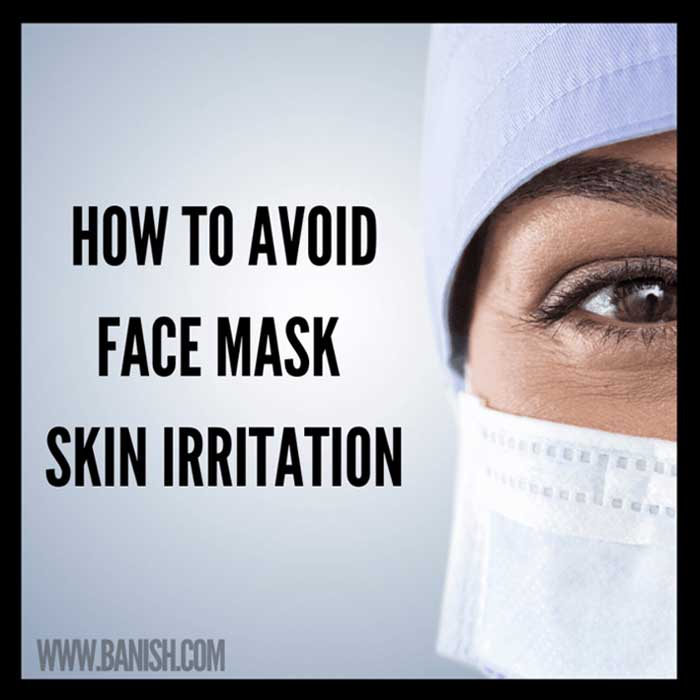
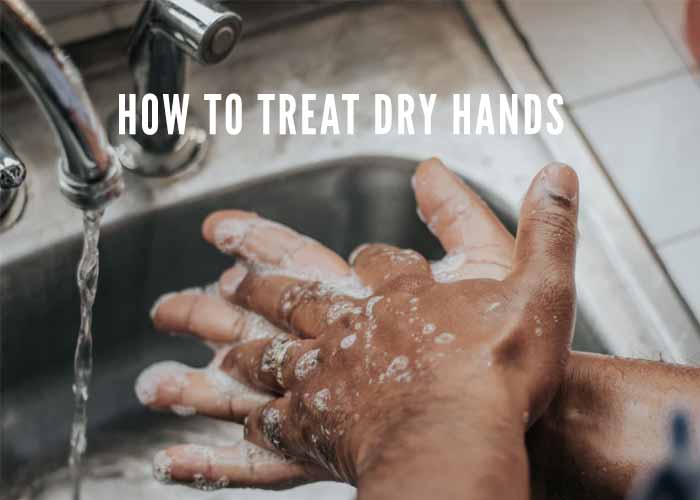
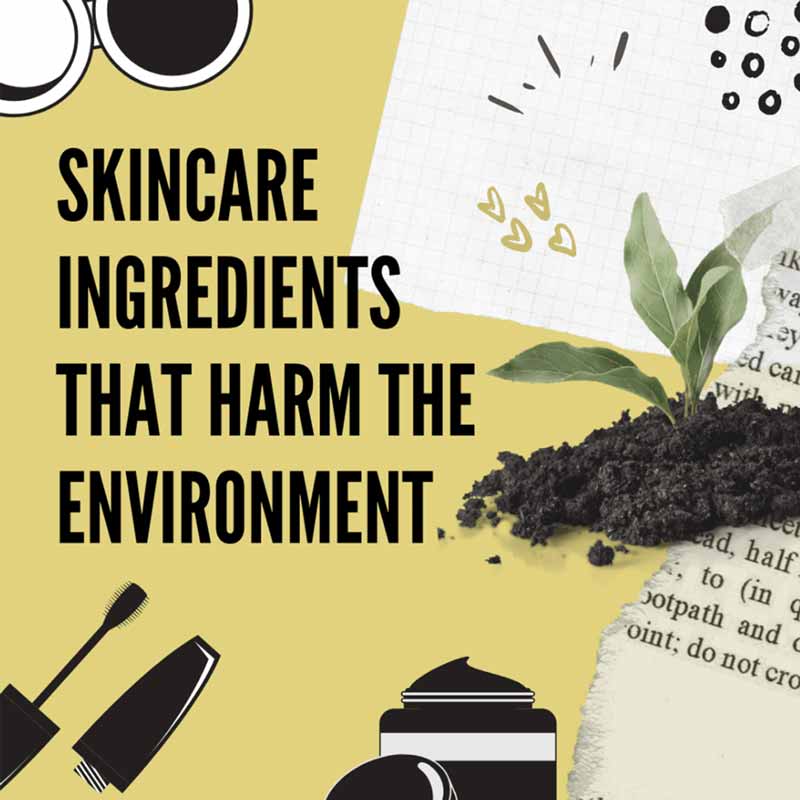










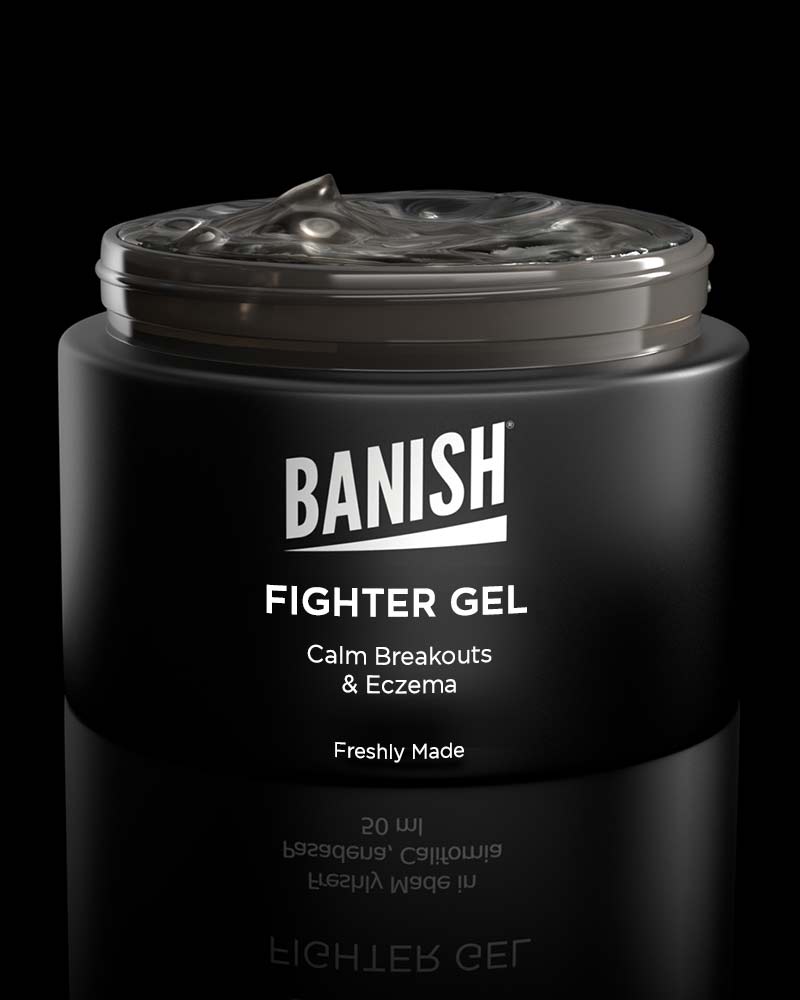
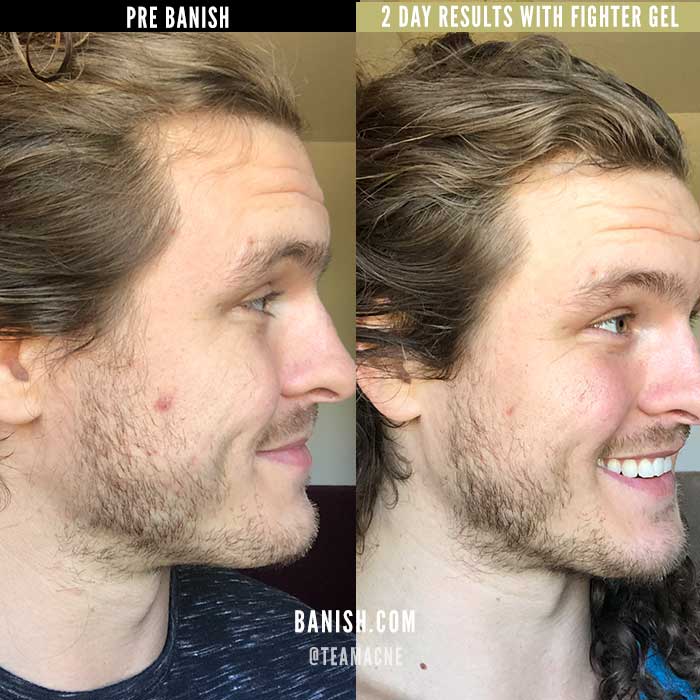










Leave a comment
All comments are moderated before being published.
This site is protected by hCaptcha and the hCaptcha Privacy Policy and Terms of Service apply.